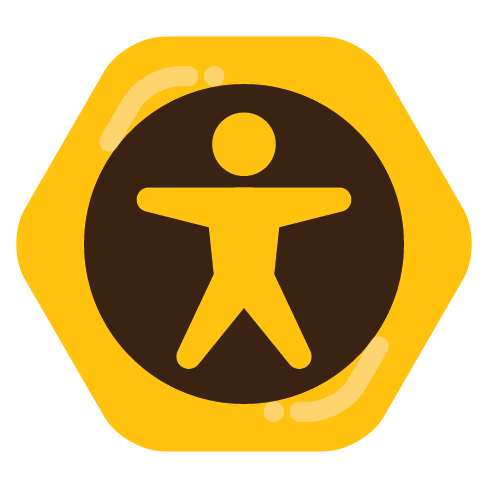

it’s an interesting article, but i think the authors are conflating friction for wanting genuine human interaction; its easier than ever for me to make friends because i can instantly connect with and message back and forth, quickly and in real time, over various platforms e.g. discord, the depth of which is only limited by our interactions and how we treat them. forcing us back to sms/email/paper mail doesn’t make our interactions deeper, even though it adds friction. it means we can easily choose what the depth of connection we want is
that isn’t to say that there aren’t examples where less friction leads to less interaction. dating apps are a great example. but i think the authors are conflating the friction for the interaction. yes, you could add friction that would encourage interaction, but you could also add friction that doesn’t. i think the more salient point would be, encouraging interaction often includes friction, but one shouldn’t shy away from that, as a UI/UX developer
which, granted, isn’t as catchy of a title. but they could have gone into greater detail for that in the article, too
regardless of this critique, i enjoyed reading it and the perspective it offered, even if i don’t strictly agree





these are not totally serious thoughts, altho they reflect my kind of feelings about it
but IP should be periodically put to a vote, maybe a year or two after a major release, in which the public decides if they should retain ownership of the IP
if not? it’s released into public domain. obviously the original company / creator can still do something with it, but others can, as well. but if they do a good job keeping people happy with it, they can keep it
obviously this has some problems, mostly about constantly polling people and probably only dealing with IP that’s popular enough
but the idea gives me some deep satisfaction after seeing some companies ruin their IP, and i like the idea of consumers having some power to punish them for being shitty lol